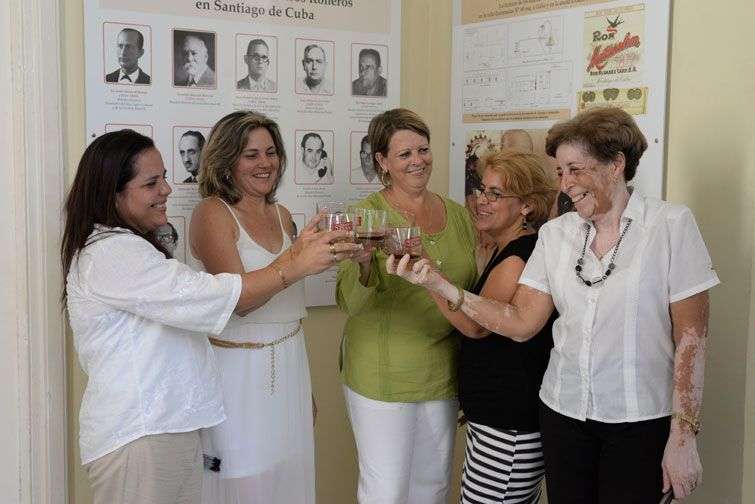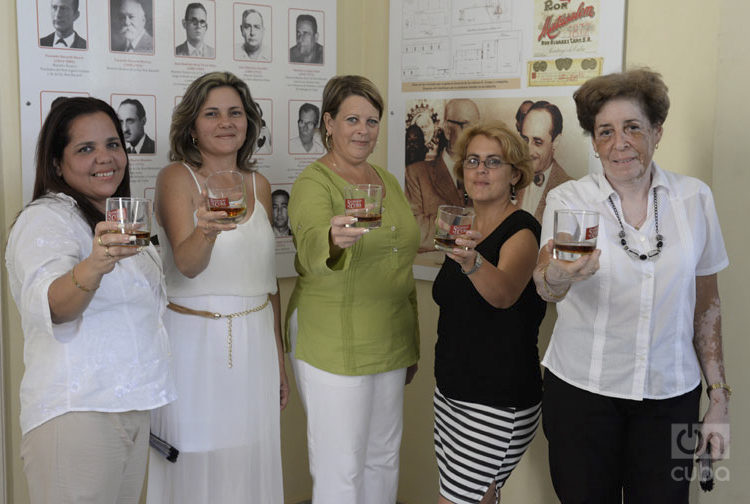No woman in Cuba had ever had the chance to be trained to become Master Rum-Maker until 2009, when Isabel Cristina Rivero became the first candidate. She was later followed by Salome Aleman, Maria Caridad Portuondo, Noemi del Toro and Mabel Cuevas
As recent chemistry graduates they all started out young in the rum industry, taking on different responsibilities within the production process. It was their experience, knowledge and love for what they do which saw these women selected as aspiring candidates.
They will have to train for a total of eight to ten years to reach the level of maestra, so they still have a long way to go. In the meantime, their work includes carrying out laboratory tests, research and creating new rum blends.
Isabel Cristina
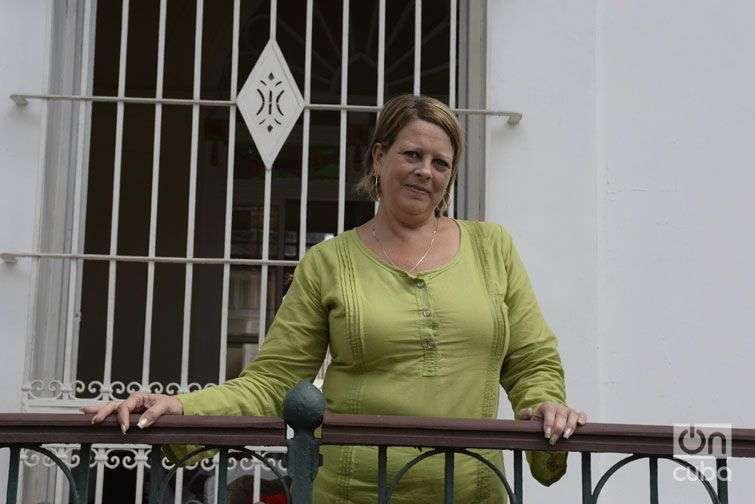
“My life completely changed: I got married and went to live in Cardenas where the famous old Arechabala rum distillery is located. I didn’t mind starting out as a production assistant, I wanted to know how to make rum, the physical-chemical process, how to determine the quality…
“When I was selected, I saw it as a great commitment, even from a personal point of view, because I don’t like to fail. I have to be honest, I found it difficult at the beginning, but, little by little people started to see how serious I am about my work, they saw how much I love it.
“We have revived the Perla del Norte rum-making tradition, a brand which was created in our factory in the 70s, but which was lost over time. Now we want to bring it back.”
Salome
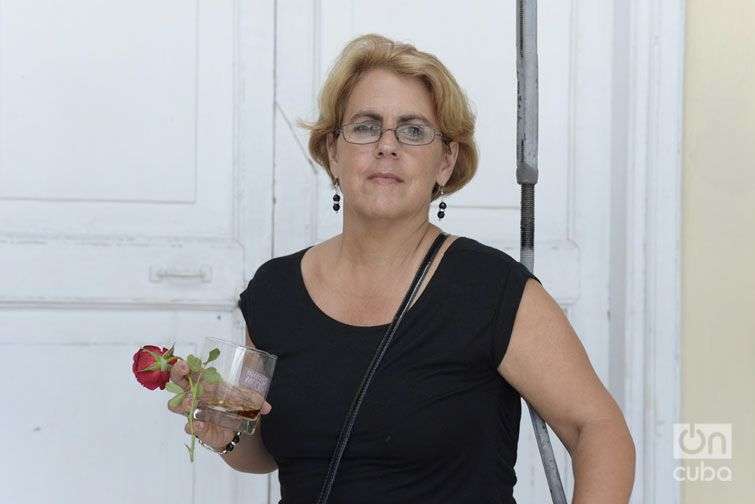
“The secret to making Cuban rum lies in professionalism, discipline, love, which is why this job requires a lengthy training process. It’s a great responsibility: you’re chosen but still unaware of the weight of what you’re taking on. Despite the fact that we still haven’t completed our training, life changes when you’re in the movement; your priorities change, as do your ideas about production.
“This entire history, legacy must be preserved forever. Many people before us lived and worked to create this legacy, which is why we must take care of the aging cellars, improve them, find new bases for future products. We have highly professional maestros, well trained, so the bar is high.”
“I have the respect of my colleagues; I haven’t experienced any problems in regards to discrimination on the basis of being a woman. I won’t tell you it’s not difficult, the whole world is watching you, you have to set an example, but we haven’t experienced anything that has negatively affected us.”
Caridad
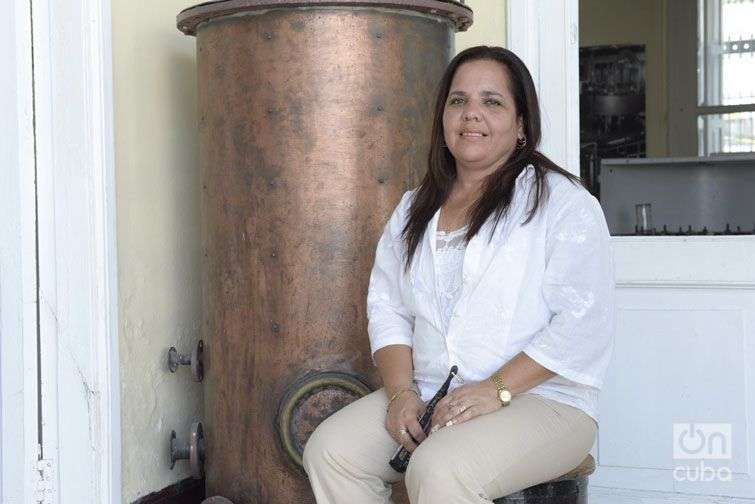
“Light rum was born here in Santiago, the tradition of the master rum makers has also existed since that time; the current maestros, who knew those who are no longer with us, offer us a lot of support, supervise and teach us. I honestly didn’t think they were going to care about me. I thought I knew a lot, but when I began training I realized that there is an enormous amount I have yet to learn.
“It’s not that we’re drinkers, it’s that we are knowledgeable on the subject. People are always surprised to see a woman in this field, but they treat you with great respect. Once you’re selected it becomes less difficult; the hard part is getting chosen.
“In addition to the work I do at the factory, I have extra jobs: other tasks they give you, such as researching and creating products and conducting lots of experiments. Although we might become maestras there is always more to learn, you never know it all.”
Mabel
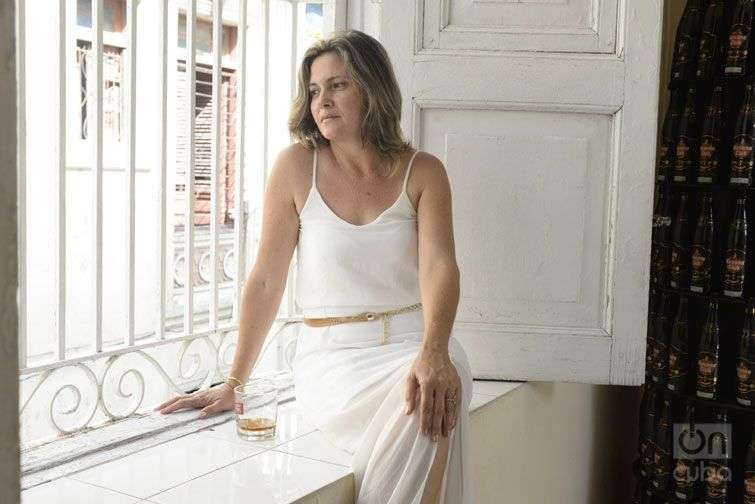
“The goal is to ensure that the knowledge passed down from past generations of maestros isn’t neglected, that it continues to be used, so that the quality of the rum and its prestige on the international market are maintained.
“Being a candidate involves hard work, dedication. In addition to our daily work, you also need extra time for personal preparation, this extra time limits us a little, because when we arrive home we have chores to do. But we have to find the time, in truth it’s vital for our training.
“Sometimes I have less time to sleep because I have to wake up early to get my daughter up and ready for school, and run other errands. So you have to adjust, you have to plan well. If I have to travel, I take advantage of it and revise, read and think about what I’m going to do.”
Noemi
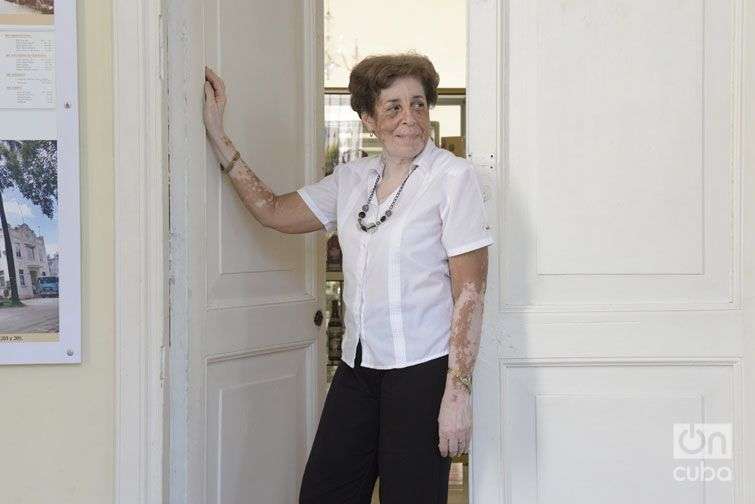
“I had the honor of being maestro Jose Pablo Navarro’s trainee. I studied in Havana but returned to Santiago where I got my first job in CubaRon, when it used to be called Empresa de Bebidas (Drinks Company).
“I worked as a specialist in the distillery department, I was head of the Matusalem rum plant and chief of Caney production. I love technology, working in production, that’s my life. There weren’t many women when I was working at the distillery, and I’ve always been able to deal with any problem effectively, above all by teaching, so that people genuinely know what they’re doing. In this industry there’s always work to be done.
“Everyone likes rum: I enjoy chatting with friends or family, putting on some good music, sharing a bottle and savoring its quality.”
